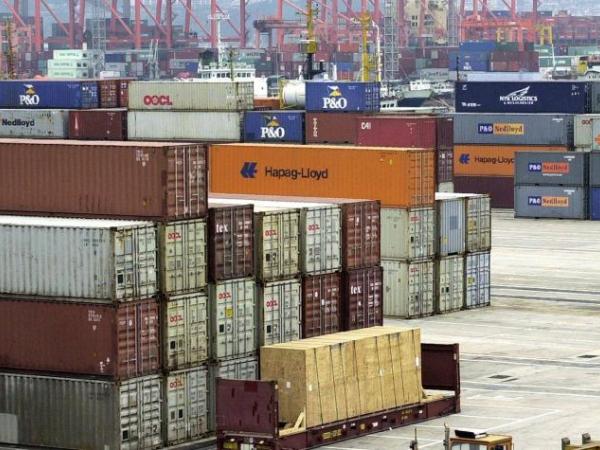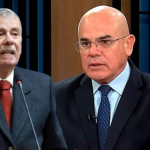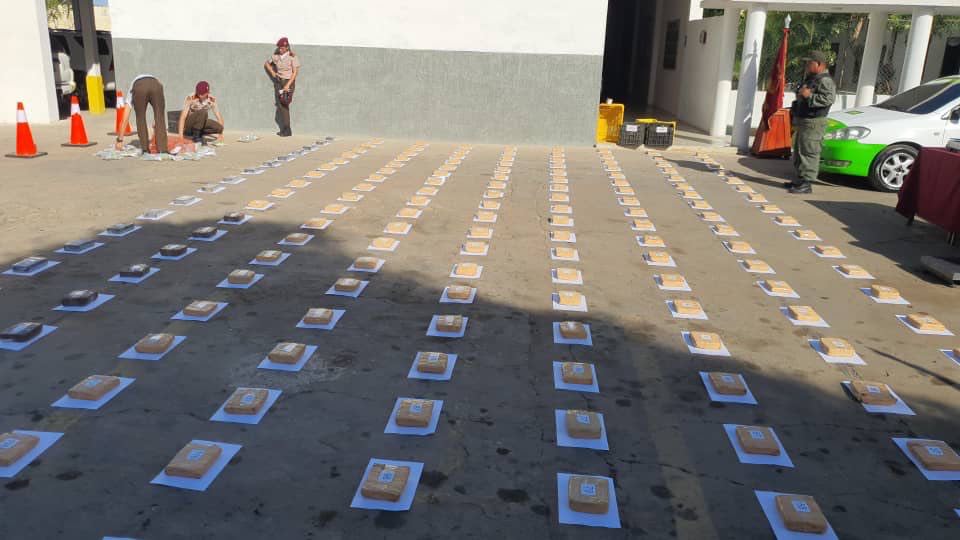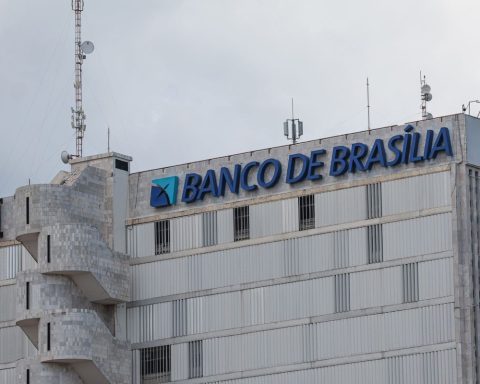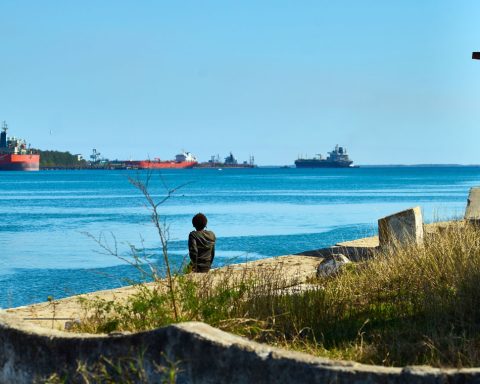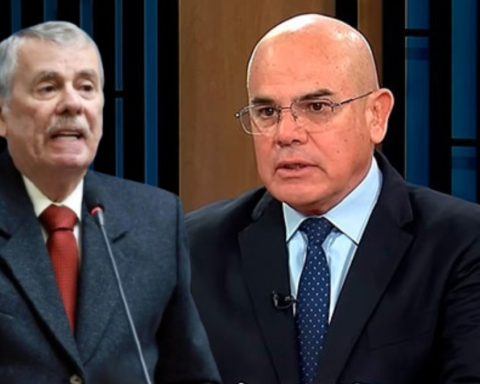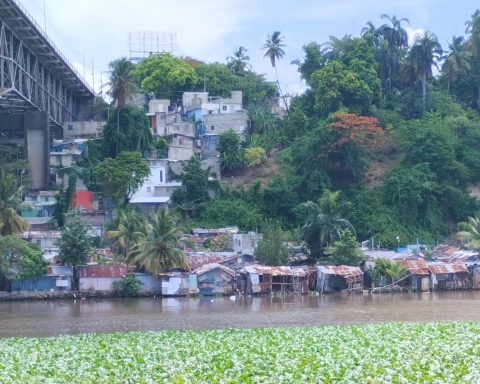The Ministry of Commerce, Industry and Tourism extended until December 2023 the benefits of the Vallejo Express Plan, which expired next April, and which was launched by the current Government to promote the export of non-mining energy goods and services and investment.
(Vallejo Plan, reactivation instrument).
With this, entrepreneurs who take advantage of the benefit or transfer from the traditional Vallejo Plan to the Express Plan will be able to advance their imports of raw materials, within the framework of this program, until the end of next year.
“In the case of capital goods and services, the term is defined in accordance with the productive project”, the entity said in a press release.
“The purpose with the extension of these deadlines is to continue promoting the productive activities of the business sector, the generation of employment, the facilitation of foreign trade operations with the simplification of times in a significant way and to avoid traumatisms in the activities of import, commercialization and sale of Colombian products both abroad and nationally”, said the Minister of Commerce, María Ximena Lombana.
(Until March 2022 businessmen will be able to take advantage of the Vallejo Exprés Plan).
One of the key elements of support for entrepreneurs, says the commercial portfolio, is “the flexibility in the export commitments of products that are made with capital goods, spare parts and raw materials that are imported without tariffs and with a deferred VAT”, under the Vallejo Exprés Plan, which has a direct impact on the cash flow of the companies.
The commitments in the three programs are as follows:
If raw materials are imported, the export commitment is 60% of the goods produced. The remaining 40% can be sold in the national market. At that time, the employer must pay the corresponding customs duties.
If what was imported were capital goods and spare parts, there are two options for export commitments:
In the first, there is an export commitment of 70% to 50% of the goods produced, as a result of the use of imported machinery and spare parts.
In the second, the export commitment is established in accordance with the import quota for machinery and spare parts, going from 1.5 to 1.2 times the amount imported.
Service exporters will have a minimum export commitment that corresponds not to 1.5 times but to one time the FOB value of the imported goods.
(Government announces the update of the ‘Vallejo Plan’).
What’s more, service exporters that increase jobs by 10% compared to what they registered in December 2019and maintain them during the term of the program, will have a minimum export commitment that will correspond to 0.5 times the equivalent FOB value of the imported goods.
It is important to point out that the request to benefit from the Vallejo Exprés Plan can be made until March 31, 2023, so that the Ministry of Commerce can advance the respective procedure. This evaluation and approval is no longer done in 30 days but in 15 days. The request can be made electronically through the Single Window for Foreign Trade (VUCE).
To date they have been welcomed or transferred to the Vallejo Express Plan 53 companies (programs), of which 42 correspond to raw materials and supplies and 11 to capital goods.
BRIEFCASE
